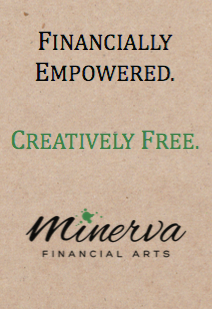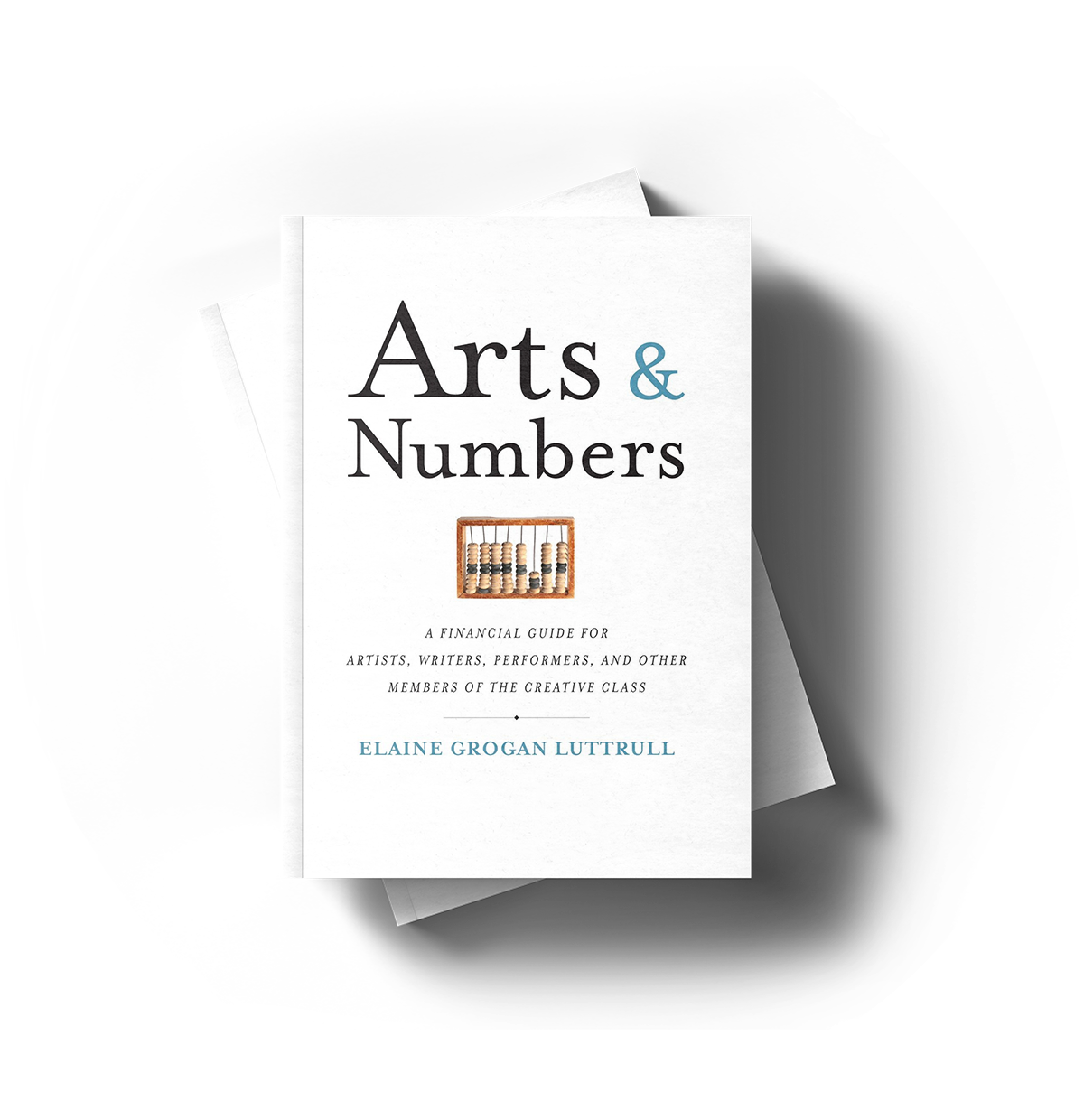July 17, 2017 • Minerva News

“I spend money with intention,” read one statement on an assessment I shared with attendees of a workshop I led earlier this month. Participants rated themselves on a scale from 1 to 5, with 5 being “Yes! Of course!” and 1 being closer to “Not so much.”
How would you respond? The participants of this workshop weren’t so sure.
As part of the assessment, participants shared some thoughts. Reflections like, “I know I should pay more attention, but it’s really hard,” or “I try, but sometimes I just have to spend money on things, with or without intention,” highlight the difficulty of “spending with intention.”
So why do we bother? Adding intention or mindfulness to our spending habits is good for overall financial wellness. In theory, with a bit of intention and mindfulness, we will add a deliberation step to all of our purchases, thus disrupting habits that we may have fallen into, especially if those habits are detrimental to our overall financial health. Awareness is good, especially when it comes to our money. Here are a few reasons why increasing mindfulness around your money can be good for your creative practice…
Increase Mindfulness to Articulate Value
Something as simple as buying dinner with friends will prompt a deeper engagement with the moment. I am choosing to order the food that sounds really good. I am choosing to spend this time with my friends. I am choosing to skip dessert. I am choosing to order one, rather than two, drinks this evening. By articulating our reasons and decisions, it is more likely we’ll value whatever it is we are purchasing… beyond simply the food on our plates. We’re not just purchasing an entrée and a drink. We’re investing in a relationship.
Increase Mindfulness to Reclaim Control
Something as easy as affirming that we choose to buy coffee on a particularly rushed morning confirms that we are in charge of our own expenditures. We choose to purchase coffee, rather than making it at home because we choose to sleep for fifteen extra minutes or arrive at the office fifteen minutes earlier. By reclaiming the control around our expenditures, we increase the likelihood that we’ll take ownership over our financial health. After all, if something feels like it is under our control, it is much more likely that we’ll work to better it. It if feels like it is outside of our control, like our financial health is subject to the whims of the economy or the public’s appetite for the creative arts, or the fortune of our birth, whether define geographically, by our gender identity, or something else entirely.
Becoming Curious
Think about the last time you felt you were making an intentional choice to spend money. When was it? What did it feel like/ What about the last time you spent money out of habit instead of with intention? (For me, an afternoon break with a coffee and a cookie falls into this category.)
Think about the last time you clearly articulated the real, underlying value of your purchase, as in the dinner example. I’m not talking about rationalization here. I’m not talking about when you told yourself that you were investing in your future or that you deserved a splurge or that you earned an indulgence because you saved somewhere else. I’m talking about deep, meaningful engagement with your own understanding of value.
For many of my clients, rationalization comes easily. Value conversations are considerably more challenging. That’s where financial journaling can be helpful.
By simply becoming curious about the intentions behind our financial actions – and more importantly, by forcing ourselves to articulate those intentions in a thoughtful way, it may become apparent that we indulge in purchases or expenditures that aren’t actually increasing our own happiness or satisfaction. That doesn’t mean we should only spend money on things that increase our happiness or satisfaction. That’s impossible. We still have to pay rent and utilities, we still have to pay taxes, and we still have to buy groceries, not all of which can be exciting. But maybe… just maybe we can increase our own intention so that when we do choose to make purchases, when we find those that our within our control to make and really do foster happiness and satisfaction, we’ll be very clear about what they are.
Want More?
Join our webinar to talk about starting a financial journaling practice on July 24, 2017 at 2:00 EDT. It’s free, but registration is required.
Register
If you miss the webinar or simply want to talk one-on-one, book a time to chat. Sessions start at $90.
Coaching Session


